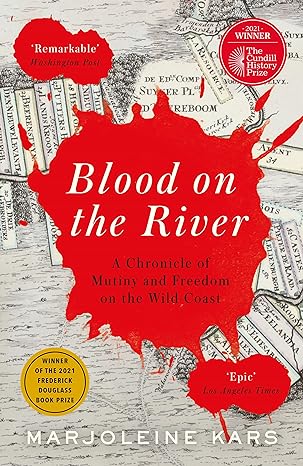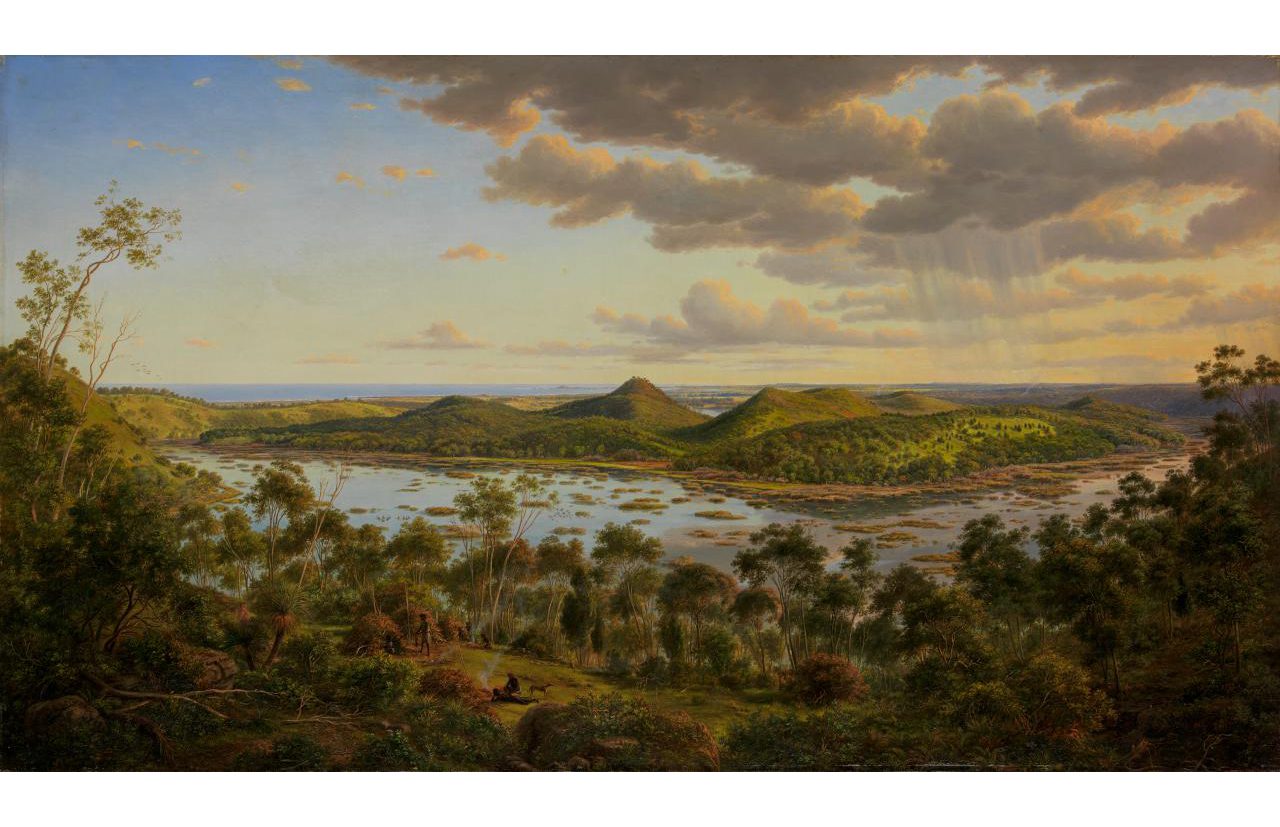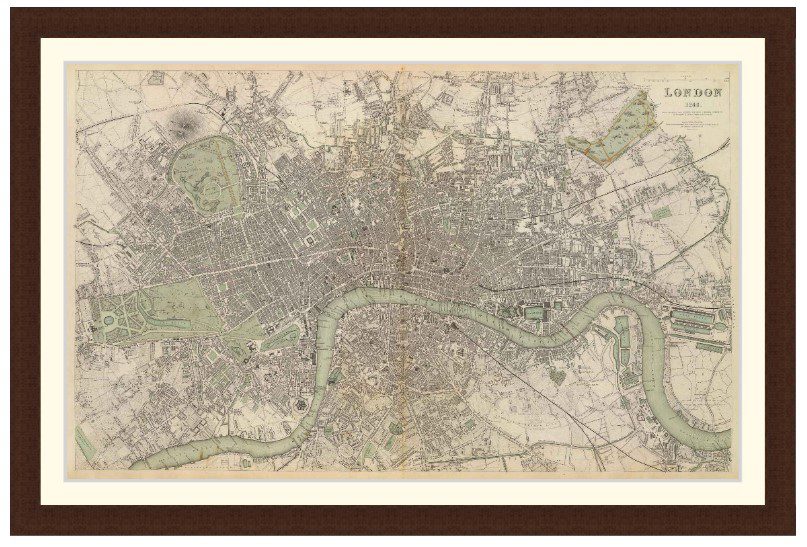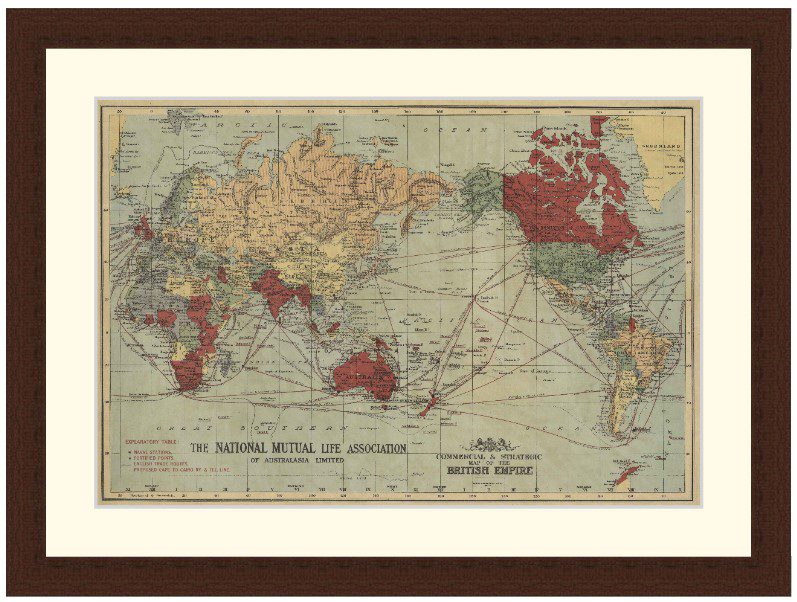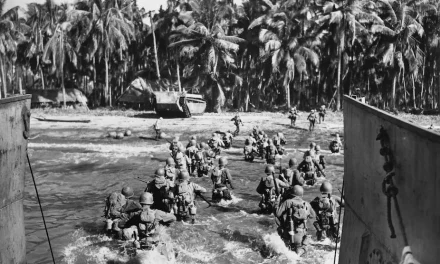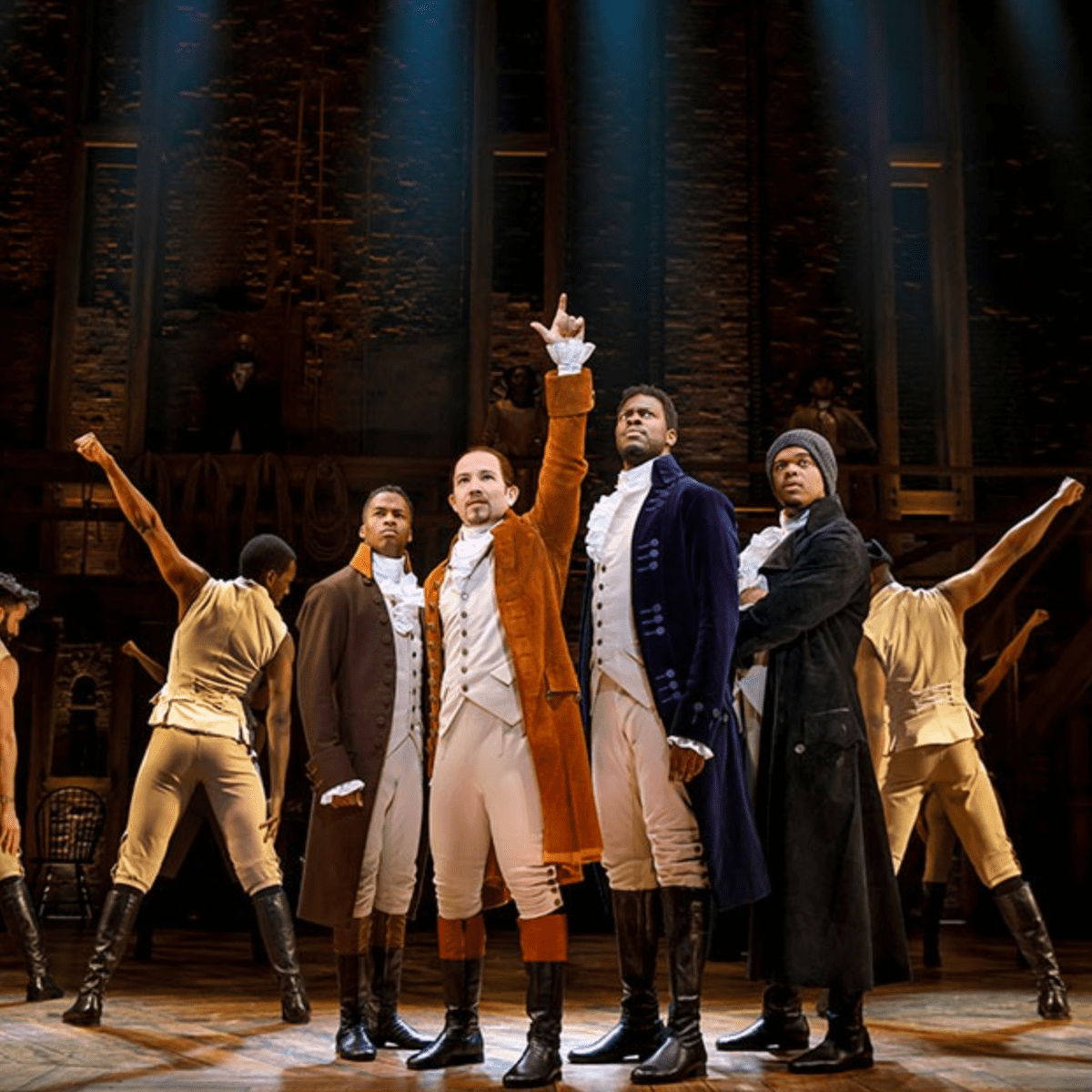Blood on the River: A Chronicle of Mutiny and Freedom on the Wild Coast – by Marjoleine Kars
Winner of the 2021 Cundill History Prize and the 2021 Frederick Douglass Prize
On Sunday 27 February, 1763, thousands of slaves in the Dutch colony of Berbice – in present-day Guyana – launched a massive rebellion which came amazingly close to succeeding. Surrounded by jungle and savannah, the revolutionaries and their enslavers struck and parried for an entire year. In the end, the Dutch prevailed because of one advantage: their access to soldiers and supplies. Blood on the River is the explosive story of this little-known revolution, one that almost changed the face of the Americas.
Drawing on 900 interrogation transcripts collected by the Dutch when the Berbice rebellion finally collapsed, which were subsequently buried in Dutch archives, historian Marjoleine Kars reconstructs an extraordinarily rich day-by-day account of this pivotal event. Blood on the River provides a rare, in-depth look at the political vision of enslaved people at the dawn of the Age of Revolution.
An astonishing original work of history, Blood on the River will change our understanding of revolutions, slavery and of the story of freedom in the New World.
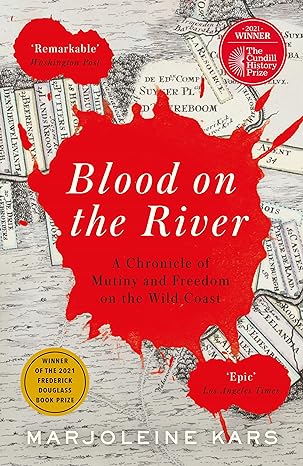
“An epic history. . . . A sweeping, thoughtful narrative, joining a new wave of books that make visible previously dismissed Black voices.”
Los Angeles Times
‘A richly detailed account of a gripping human story’
Washington Post
“A gripping tale about the human need for freedom… the story of the Berbice Rebellion begs to be told, and Kars’ telling is impressive.”
Martha Anne Toll, NPR
“A powerful book that will appeal to experts and – thanks to the lively and accessible writing style – the general public alike”
Black Perspectives
“[A] masterpiece . . . Marjoleine Kars has unearthed a little-known rebellion in the Dutch colony of Berbice and rendered its story with insight, empathy, and wisdom. You’ll find no easy platitudes herein. Instead, you’ll find human beings in full relief, acting with courage, kindness, calculation, and mendacity in their quest for self-determination. Blood on the River is a story for the ages.”
Elizabeth Fenn, Pulitzer Prize–winning author of Encounters at the Heart of the World: A History of the Mandan People
“This is required reading for historians of the Black Atlantic world.”
Jennifer Morgan, professor of history, NYU, and author of Reckoning with Slavery
“Takes readers on a moving journey deep into a colonial heart of darkness. Drawing on rich and challenging sources, Marjoleine Kars reveals enslaved people making a rebellion that lingers in memory and landscape.”
Alan Taylor, Pulitzer Prize–winning author of The Internal Enemy and William Cooper’s Town
“Meticulously researched and careful to prioritize the perspectives of the marginalized, Blood on the River offers a fascinating glimpse of the complex history of slavery in the Americas.”
Booklist
“One of the great slave revolts in modern history has at last found a gifted historian to tell its epic tale. Using a breathtaking archival discovery to make the Berbice rebels vivid flesh-and-blood actors, Marjoleine Kars deeply enriches the global scholarship on the history of slavery and resistance.”
Marcus Rediker, author of The Amistad Rebellion: An Atlantic Odyssey of Slavery and Freedom
Blood on the River: A Chronicle of Mutiny and Freedom on the Wild Coast – Book
By Marjoleine Kars Winner of the 2021 Cundill History Prize Winner of the 2021 Frederick Douglass Prize ‘A richly detailed account of a gripping human story’ Washington Post ‘[An] epic history … a sweeping, thoughtful narrative’ Los Angeles Times On Sunday 27 February, 1763, thousands of slaves in the Dutch colony of Berbice – in present-day Guyana…
Only 3 left in stock
Articles you may also like
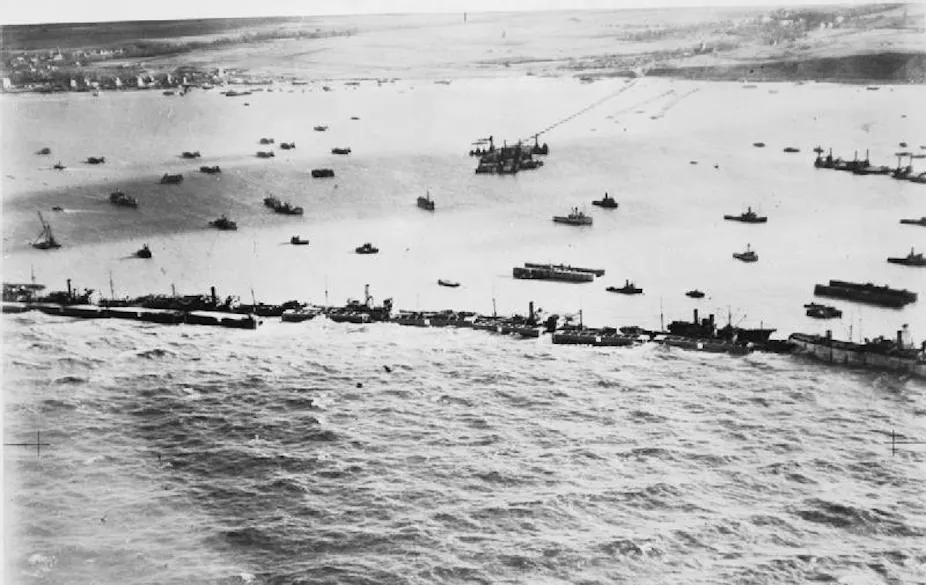
D-Day succeeded thanks to an ingenious design called the Mulberry Harbours
Reading time: 4 minutes
When Allied troops stormed the beaches at Normandy, France on June 6, 1944 – a bold invasion of Nazi-held territory that helped tip the balance of World War II – they were using a remarkable and entirely untested technology: artificial ports.
To stage what was then the largest seaborne assault in history, the American, British and Canadian armies needed to get at least 150,000 soldiers, military personnel and all their equipment ashore on day one of the invasion.
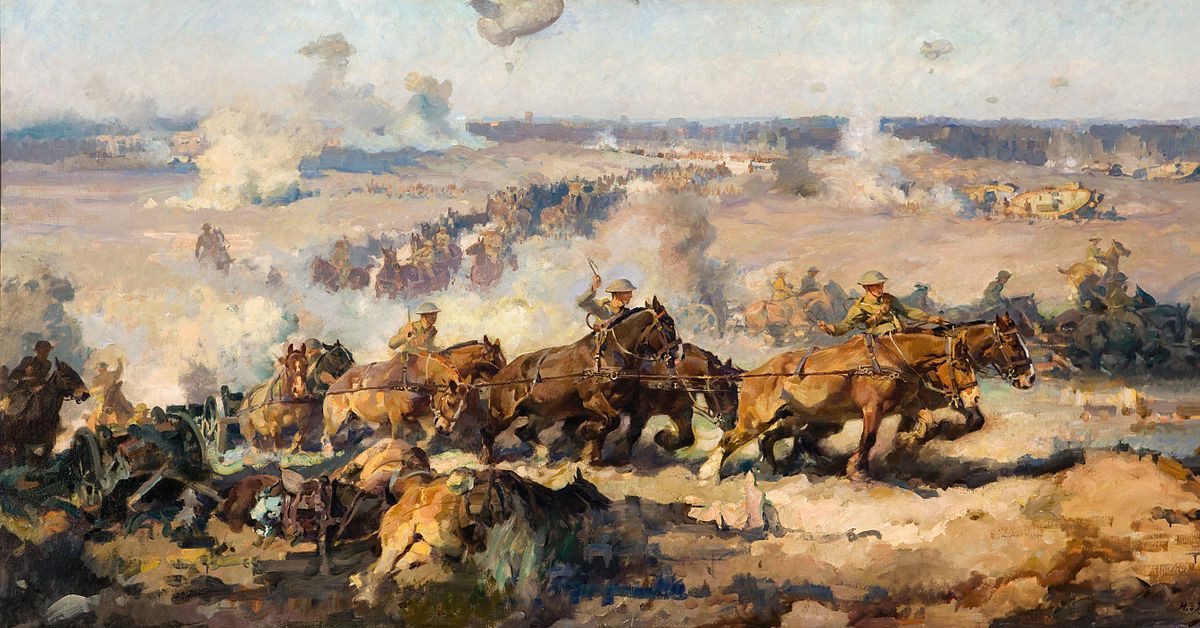
Free of the Trench: How British & Imperial Forces Overcame the Deadlock of the Western Front
Reading time: 12 minutes
The First World War came to an end just over 100 years ago, a mere moment’s time in human history. But as close as we are to it, a century is more than enough to surround that conflict with myth and misconception.
The image of the war on the Western Front, as brought to us through decades of outdated scholarship and popular fiction, is simple: two vast armies, each equipped with the latest murderous fruits of the industrial age, found they couldn’t decisively defeat one another in the field and so settled into a long, bloody, dirty, and consumptive war in which thousands of lives were thrown away every day, often for minuscule gains which would bring neither side meaningfully closer to victory.
The real story is more complicated. By 1916, it was plain to see that tactics like those championed by Haig, designed to draw out the enemy for a momentous set-piece battle, weren’t working, and even those neck-deep in the fight didn’t need the benefit of hindsight to recognise that.

